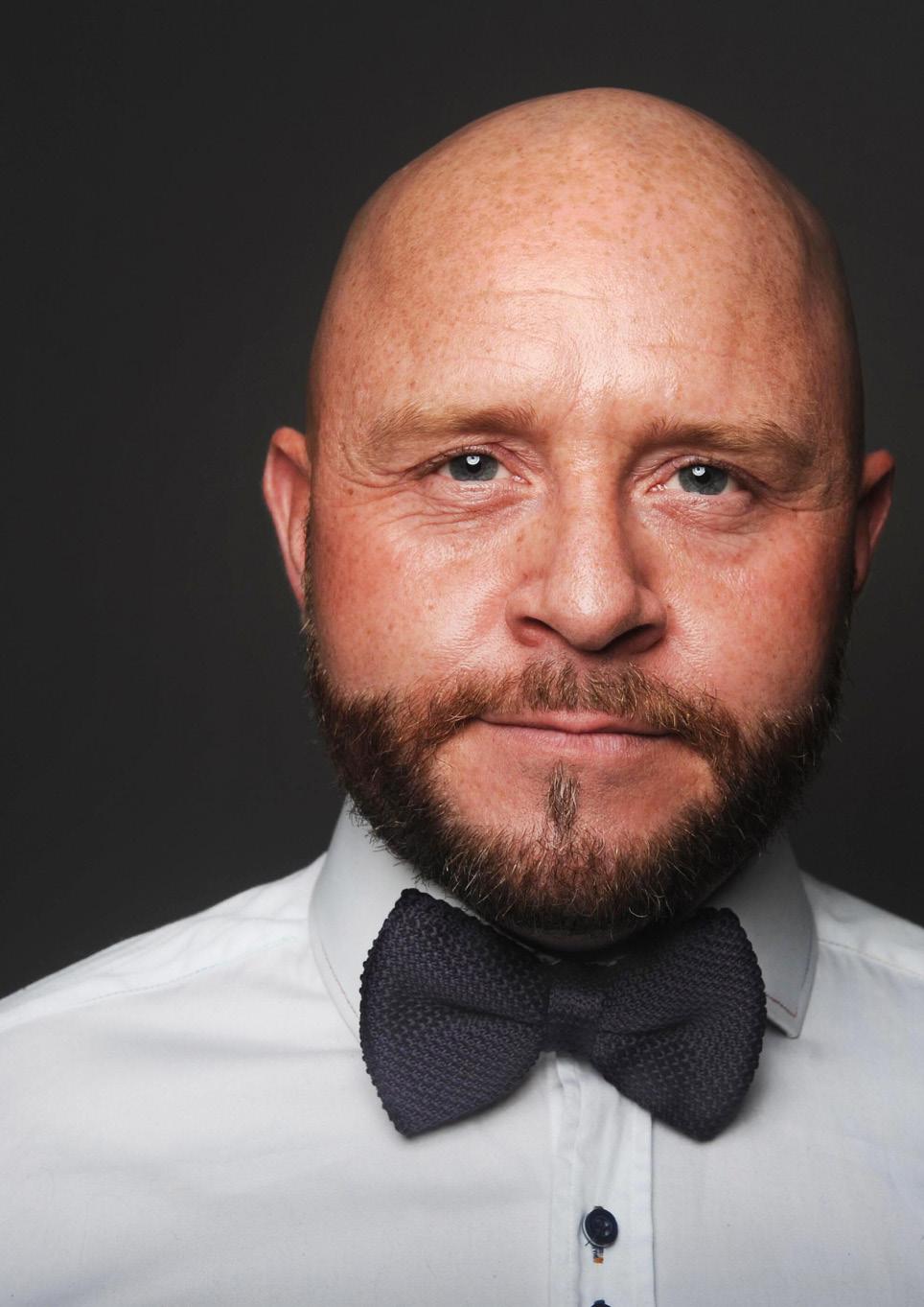




Wales’ second official HIV testing week is launching this week to tackle stigma and get people of all ages and backgrounds to regularly test.
The event was developed by HIV activists from Fast Track Cardiff & Vale and the campaign has taken several months to prepare.
People can order free testing kits that can be posted confidentially to their homes. Testing kits are available at the Sexual Health Wales website and are fast and easy-to-use, say the group.

Everyone who is sexually active is encouraged to regularly test, advises the group.
A Marxist group in Cardiff is giving away food and household goods this winter while advocating for a radical change to the economy of Wales.
The Welsh Underground Network says its free food shares are open to everyone. “We don’t require referrals like some food banks do,” said a representative for the group.
The group identify as a Marxist organisation fighting for a socialist Welsh republic. A representative said: “When you see the queues for food banks, or people desperate to make ends meet amidst a cost-ofliving crisis, it’s hard not to get angry.”
Fresh bread, long life milk, tinned foods and essentials are some of the products being given away to anyone in need.
Free art trail shows Cardiff’s historic statues ‘coming to life’
An art trail based on the idea of Cardiff Castle’s historic statues coming to life has been designed to get people out and about in the city during halfterm.
Illustrator Jack Skivens based the art trail on his new children’s book Night of the Animal Wall where the stone animal statues on Cardiff Castle’s wall come to life at night.
The Caerphilly illustrator hopes that each animal in the trail will be a “little vessel to explore the city.”
The trail consists of animal statues hidden around the arcades, castle and other locations in the city with the well-known statues from Cardiff Castle’s animal wall ‘coming to life’.
The trail is scheduled for October half-term following Jack Skivens’s book release.
Gian Molinu, chair of Fast Track Cardiff and Vale, said: “People in Wales need to know that 21st century HIV is treatable and preventable. We need to get the message across that testing is the key to stopping HIV by 2030.”
Alessandro Ceccarelli, communications lead at Fast Track Cardiff & Vale, said: “Irrespective of gender, sexual orientation, age, or race, anyone over 16 should get tested. The virus doesn’t care who you are or what you’ve done in life. As the campaign says, ‘Be a Star, Get Tested’.”
Ceccarelli said with modern HIV treatment, those who test positive can live as long as everyone else.
FTC&V stated that Wales has a higher prevalence of HIV stigma and late HIV diagnoses than the UK average.
The Welsh government has pledged to reach zero new HIV diagnoses and zero stigma by 2030.
Testing week will be running from 21-27 November.
Free confidential postal HIV testing kit illustration (Grace Nicholls) Wales’ second HIV testing week campaign launches in fight for zero new transmissions by 2030Not long after graduating from university, Meg Napper decided to pack up her things and move to the other side of the world for two months.
Having lived in a small town in South Wales for most of her life, the aspiring graphic designer always knew she wanted to travel. She found an international internship in Seoul and thought it was the perfect opportunity.

Despite researching the culture, she felt daunted knowing this was her first time ever travelling alone. She learnt how to read and write Hangul but was limited to speaking only basic phrases. Communication with her boyfriend and family would become difficult with an eight-hour time difference too.
She said: “The whole goal from the start was to do something that would completely take me out of my comfort zone and help me grow as a person.”
Meg moved to an area called Myeongdong, a popular shopping location with tourists, much busier than her hometown in South Wales.
She found it intriguing to learn about cultural habits in South Korea and particularly observed the way people interacted with each other: “Bowing is a way of showing respect to those around you, often done when saying hello or goodbye. Also, when giving or receiving an item, it is more respectful to use both hands and not just one.”
She noticed a higher level of trust between people as well: “It was common to leave your phone and other personal belongings
alone on a table. You wouldn’t
The 22-year-old realised it was going to be difficult being vegan in Seoul. She described being surrounded by meat food stalls and cheap meat restaurants. In the UK, 7.2 million adults follow a meat-free diet; in South Korea the figures are much lower.
Meg noted that in Wales, most restaurants have vegan options but there are few fully vegan restaurants. In South Korea most restaurants have no vegan options but there are many fully vegan restaurants.
This was Meg’s first time as a solo traveller and she had never been outside the UK. Meg noted her birthday as her most memorable moment. She spent the day celebrating with her new friends and colleagues.
She reflected: “Mostly I will remember the people I met there. I have met dear friends who looked out for me. I hope someday to visit again so I can see them again.”
A graphic designer from South Wales describes the cultural differences in South Korea and how travelling there changed her perspective on life
worry at all about someone taking them.”
“I would like to tell people that if they have a similar urge to travel or explore, do it.”
 Photocredit:CeriJones
Photocredit:CeriJones
For Gavin Sheppard, who has lived with HIV since 2007, the reality of his current treatment is simply taking one tablet a day.
With a busy life as an estate agent, singer and entertainer, he said he wonders if having diabetes would interfere more with his day-to-day life than living with HIV.
Advances in medication have changed the landscape of living with HIV drastically in the last few decades. According to the Aidsmap website, those accessing the right treatment and care can live a normal life expectancy.
People on effective treatment can also lower the level of HIV in their blood until it is ‘undetectable’. Once someone has an undetectable viral load, they are no longer able to pass on HIV through sex.
Increased access to testing means that the future is looking bright in supporting the Welsh government’s goal of reaching zero new HIV diagnoses by 2030. In fact, a 75 percent reduction in new HIV diagnoses has been reported between 2015 and 2021 in Wales.
So why, when treatment and prevention has
advanced so much, does HIV stigma still exist in Wales?
Gavin Sheppard described how there was not a lot of information available when he found out he had HIV aged 21. He said: “My question initially, which I’m sure is everybody’s question is, how long have I been left to live?

“It was a case of here’s your brochure, go away, deal with it… Thankfully, me as a person with the personality I have, I got on with it. I’m either going to let this control me or I’m going to control it.”
The 37-year-old Cardiff local described the first time he ever went public about his HIV diagnosis in an ITV documentary in 2016. He described his nervousness to share his status on national TV. Gavin is now open about his status. He said: “The sooner people can [share their status] and be comfortable, the quicker we will move forward as a society.”
When asked specifically about times he experienced stigma, Gavin described the “Are you clean?” question he received multiple times on popular dating app, Grindr. He said this was code for “Do you have HIV?” and would always sarcastically reply: “Yeah I just showered this morning.”
Gavin additionally described another interaction where he had met up with a man from Grindr and they were then planning to meet up again. At this point Gavin decided to share that he was HIV positive, undetectable. He said: “He absolutely went off on one… He said “I’m studying medicine. How dare you put me in this position. I could never possibly date you or sleep with you!”

“That was the point where I turned and said to ITV, I am ready to do the documentary… Nobody else should ever have to experience what I’ve just experienced.”
Gavin met his fiancé, Luke, three years ago. Their engagement made its way into a local news publication when singer, Anastacia, gave him the opportunity to propose during her concert.
He reflected on the beginning of their relationship: “Luke was absolutely petrified when I told him I had HIV. And he’s a nurse. He’d been in the industry of health and social care for many years and knew very, very little about the disease.”
Luke has now been able to help other colleagues and nurses in his work and has joined Gavin’s mission to educate people.
Dispelling misinformation, Gavin said: “Luke and I, we have unprotected sex and we have a very healthy sexual relationship. By taking my medication, I’m not only protecting myself, but I’m protecting him. He doesn’t have to take any medication.”
HIV stigma, even now, is largely linked to misinformation from the 1980s. This is depicted in Channel 4’s recent ‘It’s a Sin’ series that sparked an influx in HIV testing. The series depicted ignorance and cruelty facing those living with HIV during that time.
Drew Dalton, founder of Positive Allies and senior lecturer in Sociology, said that HIV related stigma plays into and reinforces existing prejudices about gender, ethnicity, sex and sexuality.

In his time as a HIV activist and researcher, he said he had seen people fired from jobs due to their status, isolated, and bullied by work colleagues. He described how many of these people were too scared to take their employer to justice as they felt they would be either named and shamed in the media or would find further employment difficult.
When asked why stigma still exists, Dalton suggested that while treatment has come on leaps and bounds, it has also been a ‘victim of its own success’.
He stated: “People living with HIV can live a ‘normal’ life, however the treatment has sidelined discussions about the stigma which continues to remain untackled in the background outside of HIV organisations and activists.”
The Welsh government will be publishing the HIV action plan for Wales in 2023.
According to their website, the Welsh Government are committed to achieving zero new HIV diagnoses and zero tolerance of HIV-related stigma by 2030.

Measuring HIV stigma in Wales will help the government address it.
Adam DN Williams, a
research associate at Cardiff University has supervised projects exploring HIV stigma.
He said that measuring stigma is difficult because it has many dimensions: population level stigma, self-stigma (internalisation of public stigma), professional stigma (eg. healthcare settings) and institutional level stigma.
Adam said: “[In Wales] we need an annual measurement to assess levels and experiences of stigma.”
Drew Dalton argues that it is time to address HIV stigma in an active way. Recognising that so little HIV stigma research discussed the nature of employment and volunteering, he founded Positive Allies. Positive Allies is a free and unique charter mark that shows an organisation actively challenges stigma and is inclusive of people living with HIV by following their ‘five steps to success’.
Gavin identified education as the way forward in tackling stigma. He said: “It’s not pushed through the educational curriculum enough. It’s a topic people avoid, because they don’t know much about it. Teachers, medical professionals, nurses don’t know enough about it. So, if they don’t know enough about it, how can you expect young people off the street to know about it?”
Since Gavin has been open about his status, he has made it his mission to educate others about the reality of living with HIV now that treatment has advanced.
He said: “The more you talk about it, the easier it is to come to terms with it… It’s not a death sentence. It’s an adjustment to life.”
“Nobody else should ever have to experience what I’ve just experienced.”Photo credit: Ceri Jones